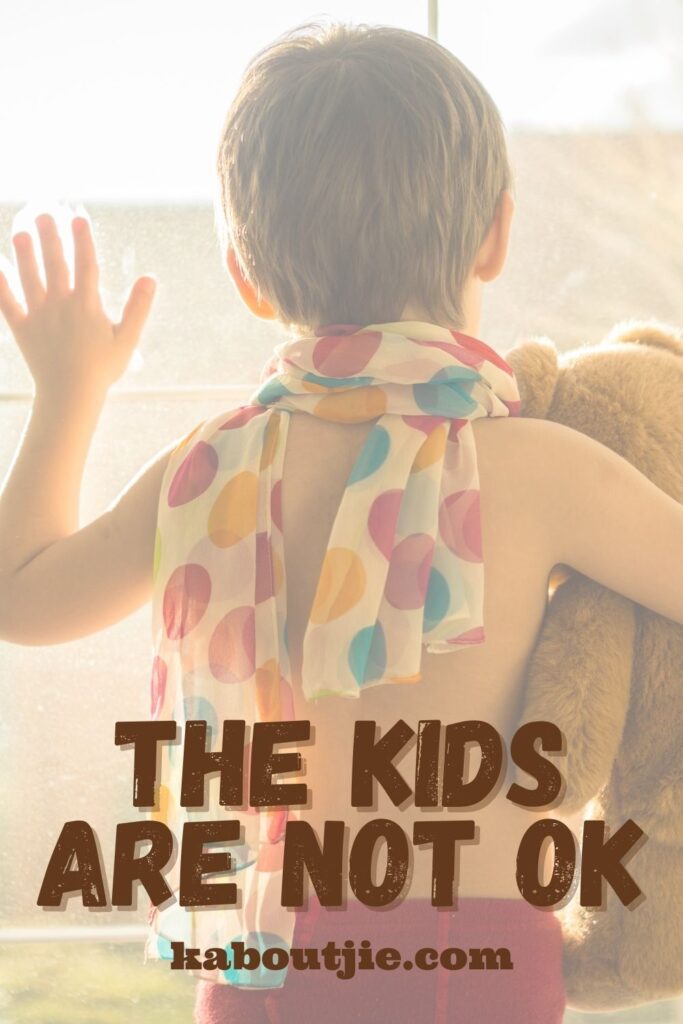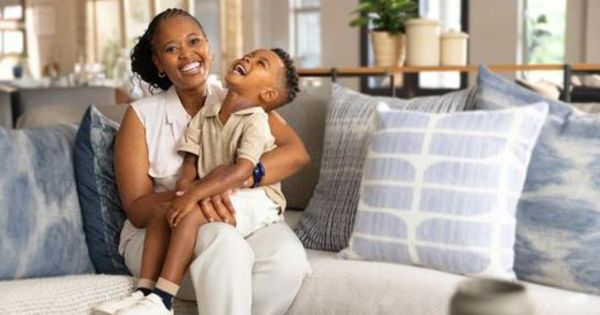Many parents may be feeling mixed emotions given the recent news that start of the school term has been delayed until 15 February due to the increased rate of COVID-19 infections and the onset of the second wave. Parents juggling full-time work may be experiencing a sense of frustration or worry, while others who are deeply concerned about their family’s safety may be feeling relieved given the destructive path of the virus.
But, says Dr Iqbal Karbanee, paediatrician and CEO of Paed-IQ Babyline, during this time of prolonged uncertainty, it is essential to prioritise the wellbeing of your child or children, who may be experiencing a sudden onset
of anxiety or a lack of appropriate social interaction given the extended school holidays.
“We are seeing an increase the number of children displaying unusual behaviour as a direct consequence of the circumstances brought on by the pandemic,” says Karbanee. “Unfortunately, the changes can be very subtle, and may be mistaken for bad behaviour, rather than seen in context, which if not addressed correctly, could have long-term negative impacts on children.”
Many children under the age of three may be experiencing anxiety, which can play out in many forms, including the sudden onset of bedwetting, mood wings, nightmares, fidgeting, the inability to concentrate, and so on.
“I’ve seen this in my own child, who suddenly started getting nightmares of getting sick after eating food given to her by a stranger. This anxiety was a direct result of learning at school that she is should not share food or cutlery because it may make her sick,” explains Karbanee.
He adds that children are having to unlearn many of social norms, from “sharing is caring” to not sharing at all, given how the Coronavirus is spread, and this can create confusing, anxiety-provoking messaging.
Anxiety can also play out in children who have been social distancing by not going to creche, by suddenly becoming a lot less confident in social settings and some may refuse to interact with their peers altogether.
“Anxiety may turn usually sociable and playful children into clingy, tearful kids who instead of being happy to go to creche, only want to sit on their mothers’ laps.”
How can you identify whether your child is being impacted by the extension of the school holidays and the pandemic in general, or if their behaviour is normal?
“Parents know their children. Every child has a baseline behaviour. If they do something that deviates from their normal, baseline set of behaviours, then it may very well be that your child is being impacted by the uncertainty brought on by the pandemic,” explains Karbanee.
The first step in dealing with anxiety in kids is to recognise what could be spurring it on. For this, Karbanee says it is essential that parents become aware of their own emotional states, as their own anxious behaviours and feelings could be spilling over to the child, who is a lot more in tune to the parents’ way of being than what is commonly understood.
“Then, for school-going children, it is best to deal with it cognitively through reasoning, or explaining to them and talking to them about what is happening; both around them and to their own emotional state of being.
“For children who are in the process of developing their cognitive skills and cannot yet reason, it is best for the parents to be extra sensitive to their children’s needs. It may be a good idea to balance being understanding and empathic towards your child’s behaviour, no matter how difficult it may be, with gentle encouragement.
“Alternatively, if you are uncertain if your child’s behaviour is normal or not, and you do not know what to do, consider phoning a trusted, medically trained nursing service who has the expertise to help you navigate this uncertain period,” concludes Karbanee.
About Paed-IQ BabyLine
Paed-IQ BabyLine is a 24/7 telephonic-based, medical advice subscription service for caregivers to babies and children, given by paediatric-trained nurses. By offering early and appropriate medical intervention through advice, we have helped to safeguard the health of over 10000 children. Paed-IQ BabyLine’s protocol was developed for South Africa by Karbanee and is endorsed by globally renowned paediatrician, Dr Barton Schmitt, the father of medical-advice telephonic systems. Paed-IQ BabyLine reduces the burden on the healthcare system by offering quick, early and appropriate medical intervention via the telephone. Visit https://Paed-IQ.com/ for more.




 Kaboutjie SA Mommy Blogs by Lynne Huysamen
Kaboutjie SA Mommy Blogs by Lynne Huysamen





Amazing article. Keeping all of us in my prayers. We will get through this. Ameen
Very helpful and explains a lot.
I think this whole pandemic has a huge impact on children that we as adults dont really understand.
Informative article, thank you! It’s very important to check up on your kid’s mental state and make sure they are coping well with everything happening around them on a daily basis.
We will get through this! I always think if it’s this hard for us how does the kids feel.